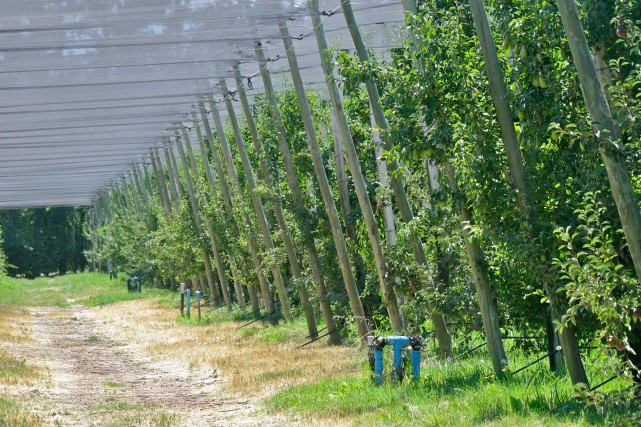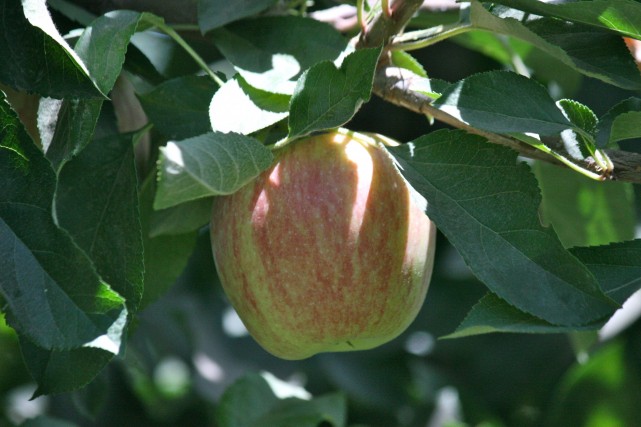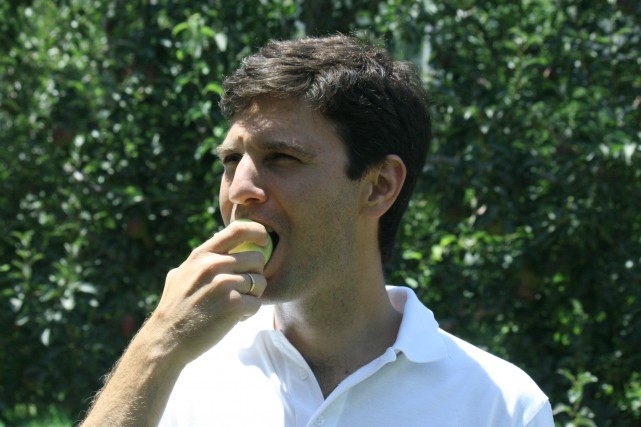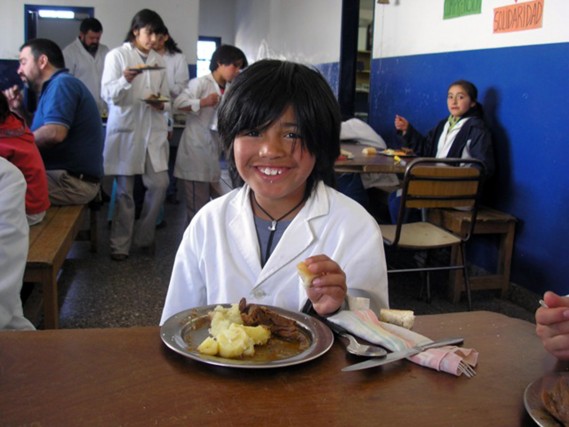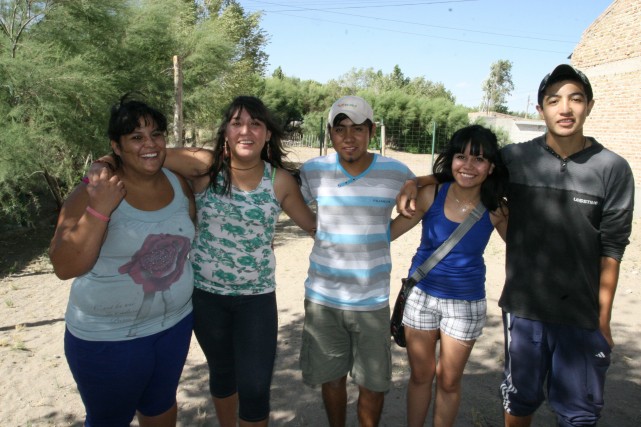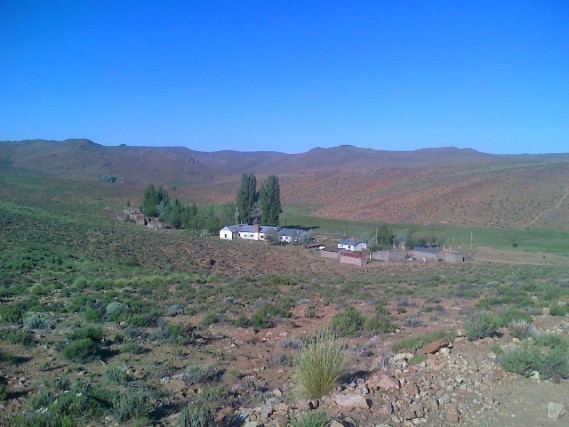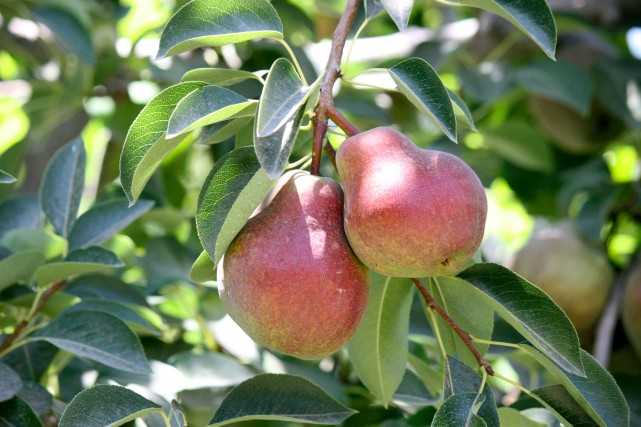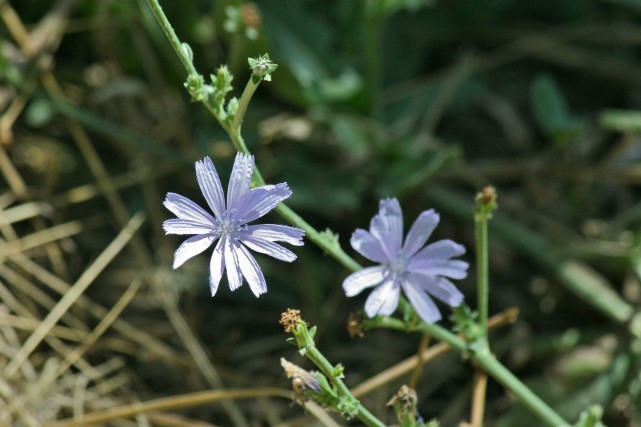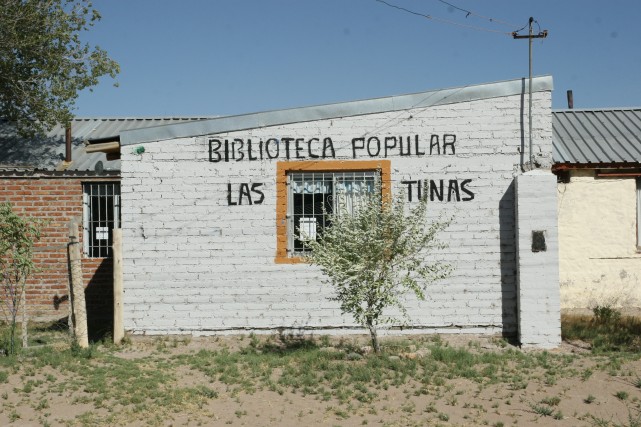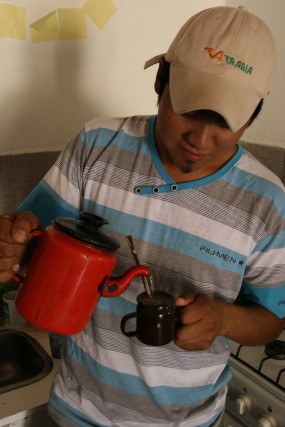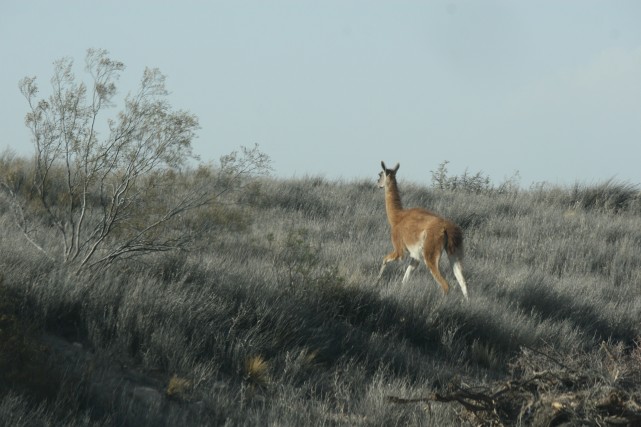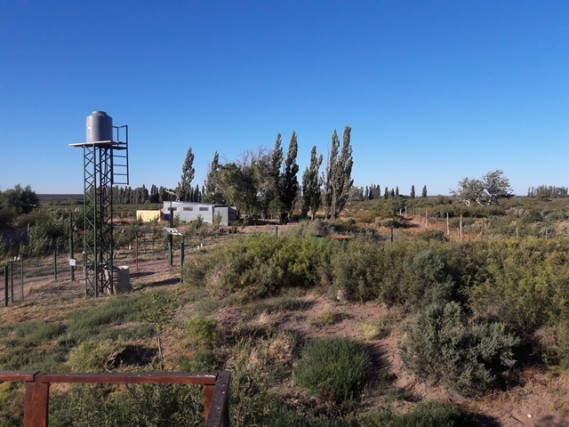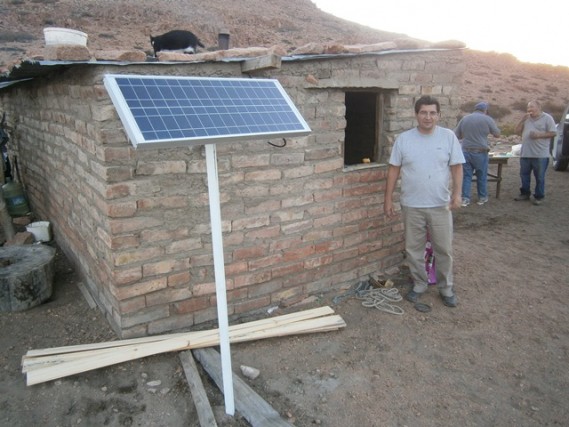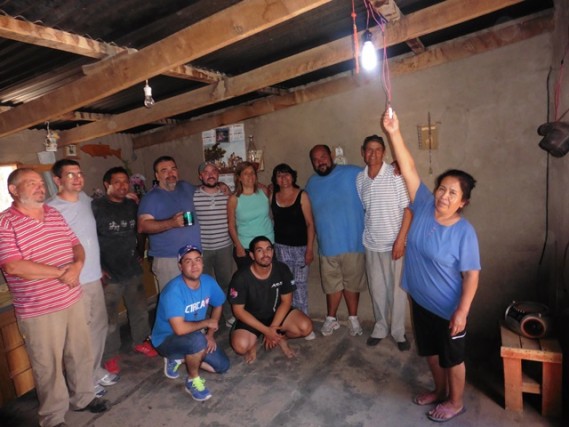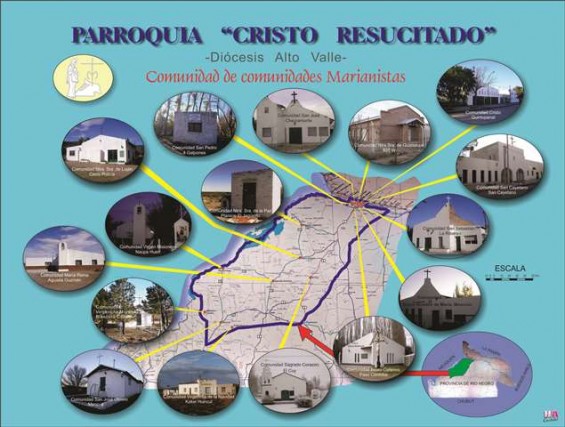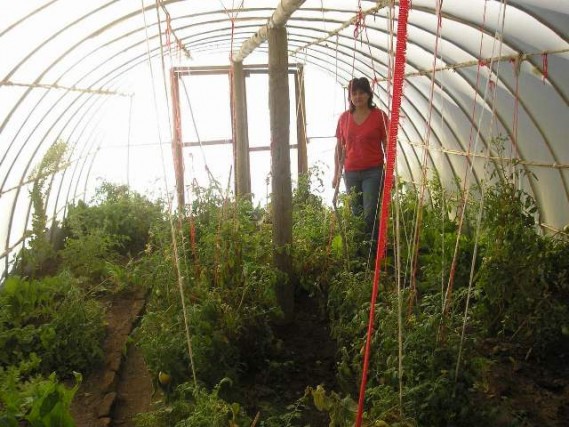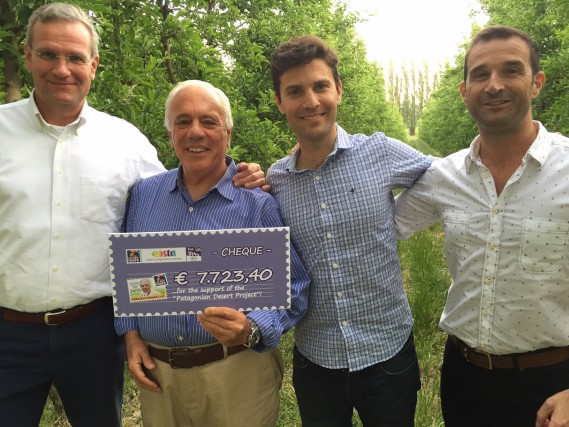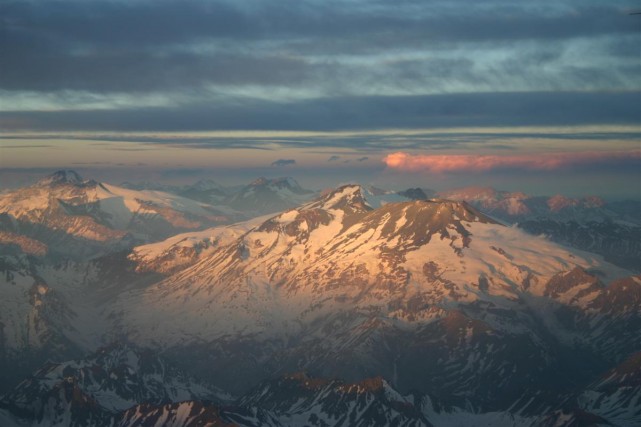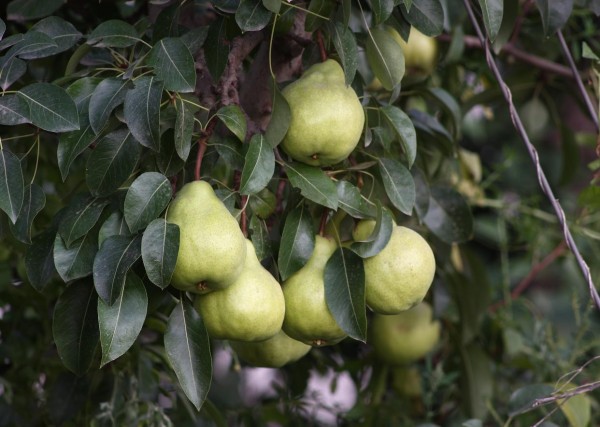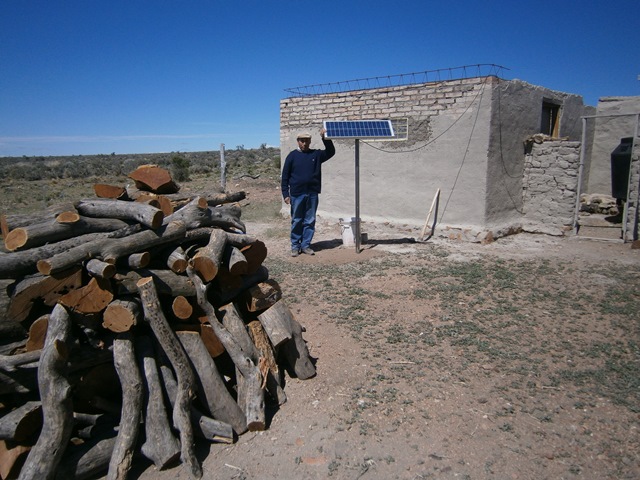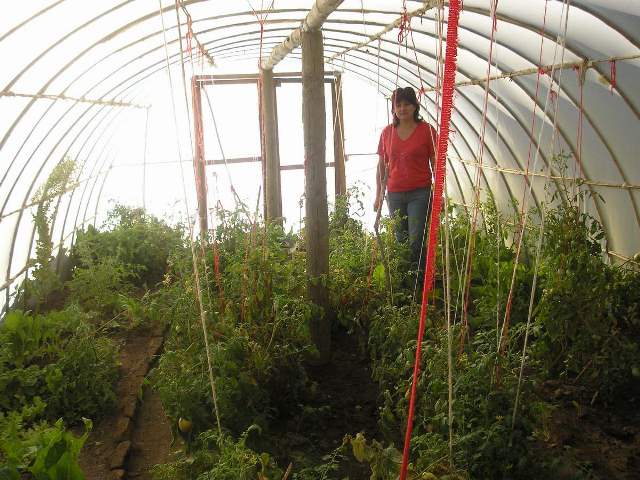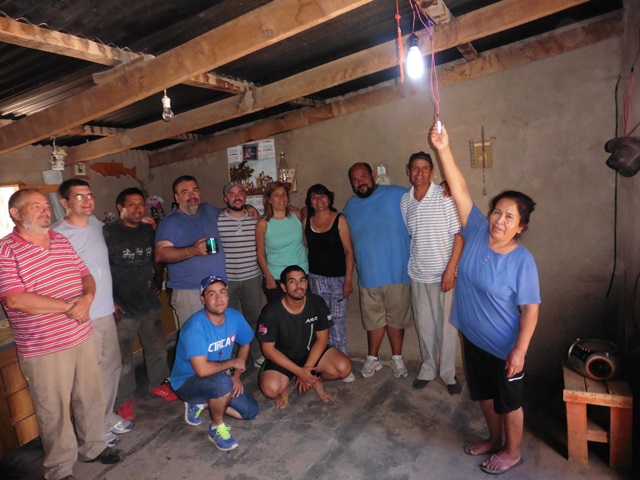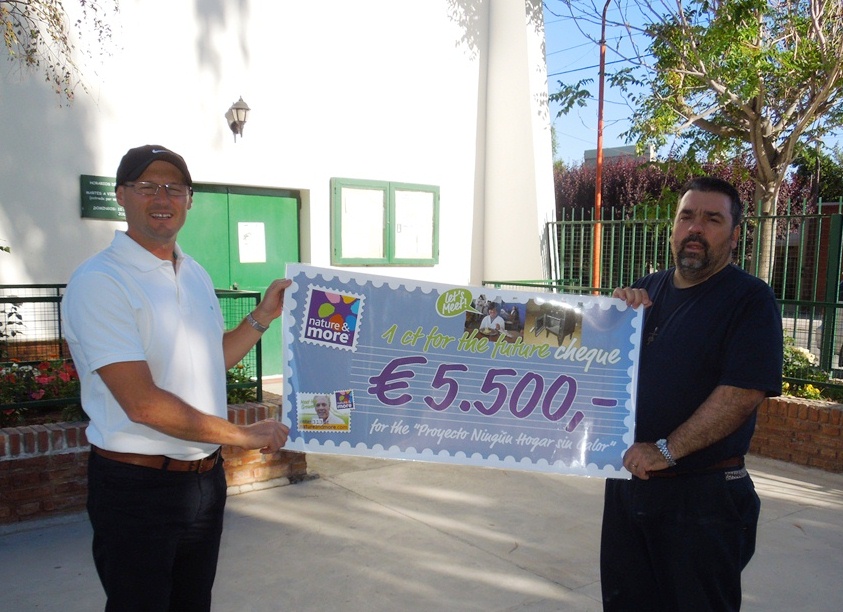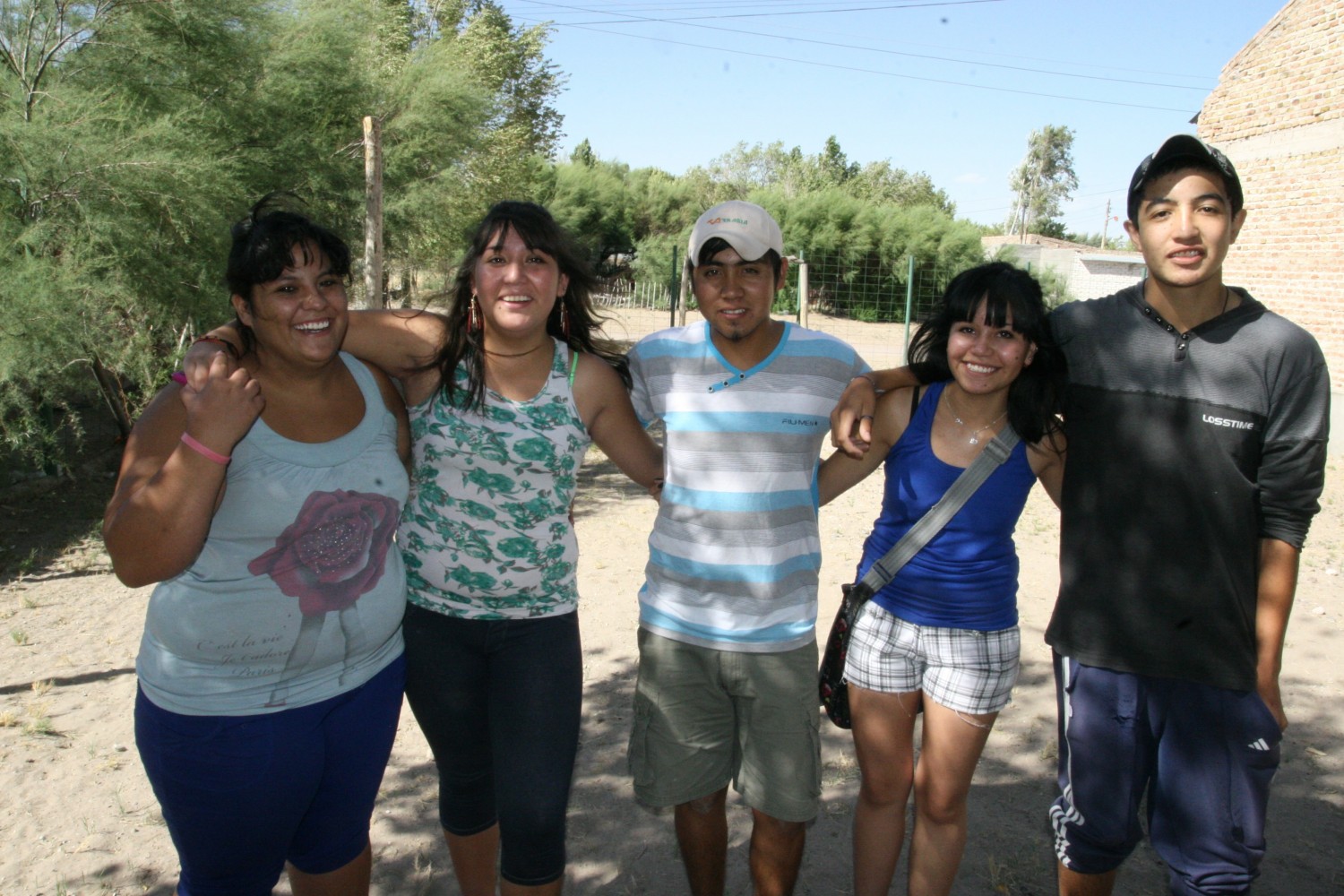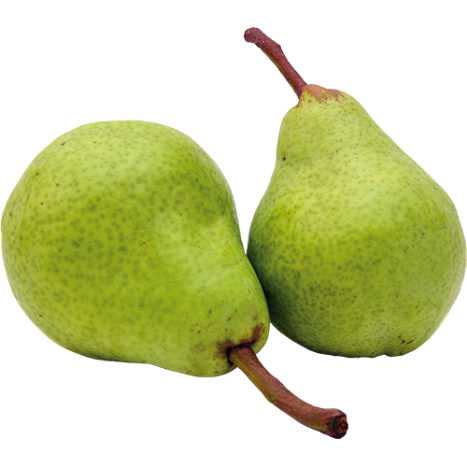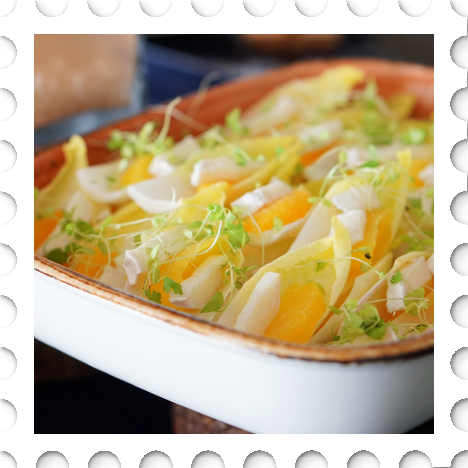Interview with Nicolas Sanchez and priest Padre Javier
Nicolas, what do you like best about the profession of organic fruit grower?
‘I love all of the aspects of my work, but I like walking through the orchard and looking at the fruit and the trees best. Our family has had fruit orchards here for several generations, so I learned all about the fruit growing trade from childhood, went to college in Buenos Aires and came to work full-time in my father's company when I was 27.
How did you arrive at organic cultivation?
‘Our family decided to change to organic cultivation about fifteen years ago because we were no longer happy using chemicals. We now use large amounts of compost to keep the soil fertile and work with nature as much as we can. We never need to spray.’
About the Patagonian Desert Project
One of the best projects Eosta supports with the ‘1 Cent for the Future’ is priest Javier Aguirre’s desert project in Argentina. This Catholic priest (who was ordained by Pope Francis) has taken the fate of the Mapuche minority in Patagonia to heart. From the church, he helps 15 needy villages located in the desert south of Agro Roca in various ways. Nicolas and Hugo Sanches have supported this project for years.
Nicolas, how did you become involved in Padre Javier’s project?
‘Padre Javier married me and my wife Josephine two years ago, and it started when he asked if we could spare some fruit. Gradually we came to do more and more, and today we support Padre Javier’s desert project both financially and practically. Josephine and me help to collect clothing, and we are very happy that Eosta contributes to the project financially.’
Padre Javier, what is the reason for the villages in the desert being so poor?
‘They have a special history. Originally the Mapuches are a people of cattle breeders from Chile who were drawn by the giant herds of free-ranging cows in the north of Argentina. This resulted in small settlements throughout Patagonia. They had free reign because for a long time the Argentines left the area for what it was. In the 19th century, however, General Roca conquered the area after which it was colonised. This resulted in the origination of the village of General Roca. In the wilderness south of General Roca, however, small villages inhabited by Mapuches residents remained. They transferred from cows to sheep breeding, but the level of wealth lagged far behind that of the rest of Argentina. There is no Internet, mobile telephones have no signal reception and there is no economic activity except for sheep breeding and the occasional shop. Things took a turn for the worse in recent years as a result of drought which made sheep breeding increasingly difficult. A few years ago, many sheep died after the eruption of the Puyehue volcano and the resulting ashes that swirled around. Poverty is more severe than ever so we are trying to improve the situation.’
What exactly are you doing in the project?
‘The villages are in the desert, where winds are very strong and nights extremely cold. In winter, temperatures drop to 20 degrees below zero, so we handed out dozens of efficient heaters. They replace the open fires most people traditionally make. This prevents them from having to use wood for fires; wood is very scarce in the pampas. In addition, we planted trees to make the climate somewhat more bearable and we constructed small greenhouses and micro-irrigation for them to grow some vegetables. We also help young people who want to follow a continuation course in Agro Roca and see that they get a house.’
Those are quite a lot of activities!
‘And that is not all! The women of the General Roca parish collect wool they use to crochet warm blankets and they collect and mend clothing. The poorest villagers lack these items. Gifts and food are distributed for Christmas and plumbing or electricity have been realised in some villages. A repair group repairs machines and installations. Every year we visit the villages with two dentists to ensure people have access to absolutely necessary dental care. Very little medical care is available. There is an active youth group that takes the young children in tow, organises sports days and outings to the big city. All in all, these are a lot of activities!’
What a great project! We hope that the situation in the villages will improve.
‘So do we. We are very happy with the support from Europe and would like to thank all of the consumers in Europe who buy our apples and pears and in doing so support the Patagonian Desert Project.’



